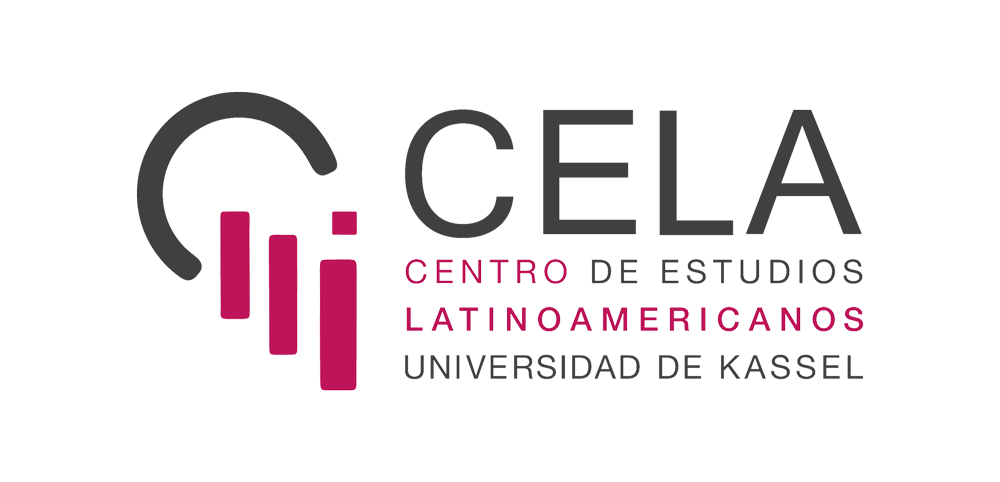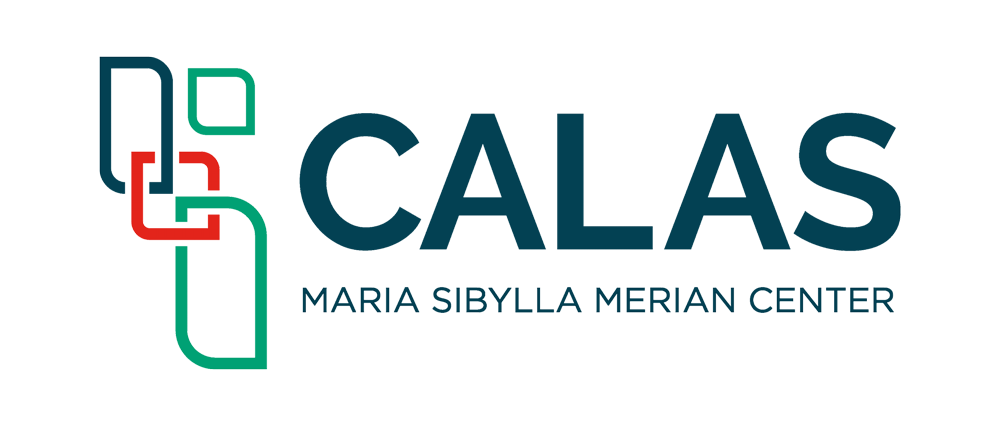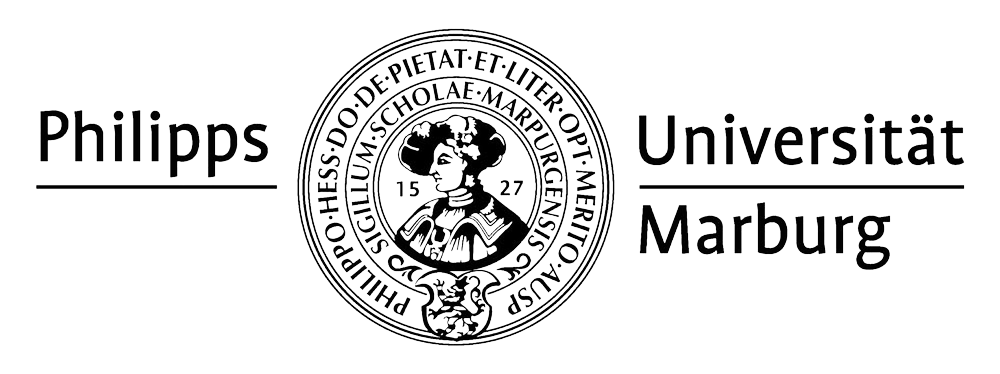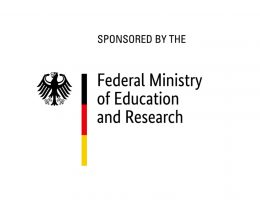The
Puzzle
Extractivism characterizes many countries’ economic and social reality in the Global South. Extractivism refers to a development model that relies on the extracting and exporting of non-renewable raw materials and natural resources, rendering entire societies dependent on the subsequent revenues of this activity. However, these resource rents are not based on innovation, investment, diversification, productive labour or learning but on the exploitation of nature. Thus, we argue that the revenues from extractivism are not distributed based on collective and individual merits but rather by political mechanisms of distribution and access created and maintained by rent-related individuals, groups, or institutions. In addition, a high degree of external dependence usually characterizes extractivism: when export prices for raw materials change (as could be observed during the COVID-19 crisis and the Ukraine invasion), instabilities emerge which, on their turn, increasingly drive the current global crises. Therefore, in a nutshell, the central research question of our collaborative research project is:
Under which conditions do crises within the natural resource-driven development model contribute to, accelerate, or eventually deny social change?





